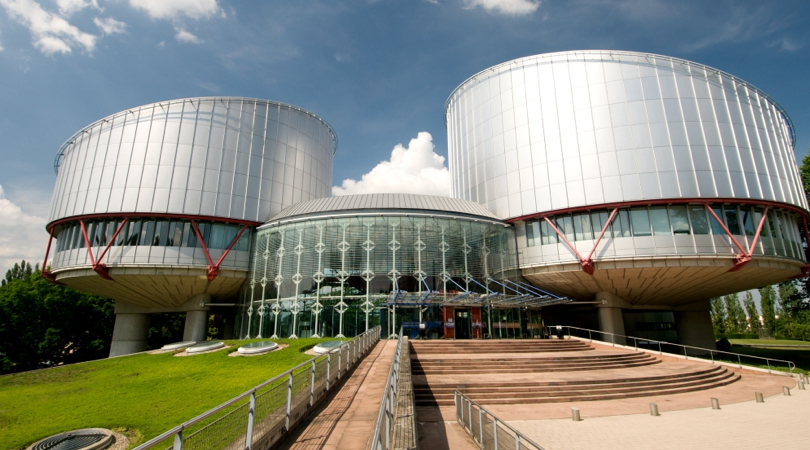
Today, the European Court of Human Rights has announced that the case of Centrum för rättvisa v. Sweden, concerning Sweden’s mass surveillance program, will be examined by the Court’s Grand Chamber. In June last year, the Court held in an initial judgment that the Swedish surveillance system, while giving cause for concern with respect to possible abuse of the right of individuals, still met the minimum legal safeguards that govern the use of the bulk interception of electronic signals for national security purposes. The Grand Chamber is the European Court’s highest formation and only examines cases that raises a serious question of general importance or that affects the interpretation or application of the Convention. The forthcoming judgment will set an important precedent on the safeguards necessary to protect the right to privacy in the context of mass government surveillance.
“The right to privacy is one of the defining human rights challenges of the digital age. We have asked the Grand Chamber of the European Court of Human Rights to settle how mass surveillance activities should be safeguarded against abuse in order to protect the right to privacy. We are pleased that the Grand Chamber will now re-examine and clarify the Convention standards on secret surveillance”, says Fredrik Bergman, Head of Centrum för rättvisa, a Stockholm-based public interest law firm.
On 19 June 2018, the Court, sitting as a Chamber of seven judges, delivered its judgment in the case of Centrum för rättvisa v. Sweden. The Court held that whilst the Swedish system of mass surveillance, or “bulk interception”, was not in violation of the right to privacy protected under Article 8 of the Convention, it nevertheless gave “some cause for concern with respect to the possible abuse of the rights of individuals”, with “scope for improvement”.
This was the first time that the Court addressed the question of which minimum legal safeguards should govern bulk interception regimes designed exclusively for national security purposes. Shortly after the judgment was issued, another section of the Court issued a different judgment on the mass surveillance regime in the United Kingdom, finding it in violation of Article 8 of the Convention (Big Brother Watch and Others v. the United Kingdom, 13 September 2018).
Centrum för rättvisa asked the Court’s Grand Chamber to re-examine the case to clarify the applicable legal standards for safeguarding individual rights. Specifically, Centrum för rättvisa asked the Grand Chamber to:
- clarify the necessary minimum safeguards for a bulk interception regime dealing exclusively with national security,
- re-examine the Court’s exclusion of the reasonable suspicion requirement from the minimum safeguards for bulk interception,
- develop the role of independent judicial oversight as part of the minimum safeguards that apply to bulk interception regimes, and
- develop the minimum safeguards governing inter-state intelligence sharing.
A panel of five judges of the Court has now decided that the case will be referred to the Grand Chamber. This means that the panel has found that the case raises a serious question affecting the interpretation or application of the Convention or a serious issue of general importance. Fredrik Bergman agrees with the assessment of the panel:
“This case raises important issues of law that require an authoritative determination by the Grand Chamber. European states face serious threats from terrorism, criminal activity, and hostile actors. Interception activities form part of how some European states counter these threats. However, without proper safeguards, the use of mass surveillance risks intruding upon the very basic fundamental rights and freedoms of the societies that such surveillance seeks to protect.”
The Grand Chamber is the European Court’s highest formation, consisting of 17 judges, and sets precedents affecting the interpretation of the Convention. The forthcoming judgment will set an important precedent on the safeguards necessary to protect the right to privacy in the context of mass government surveillance. A hearing before the Grand Chamber in Strasbourg can be expected sometime during next year. Following a hearing, a judgment is normally delivered within a year.
Documents:
Read Centrum för rättvisa’s request for referral to the European Court’s Grand Chamber.
Contact:
Fredrik Bergman, Head of Centrum för rättvisa
[email protected]
__________________________________
Centrum för rättvisa (Centre for Justice) is a non-profit public interest law firm based in Stockholm, Sweden, that seeks to protect and promote individual rights and freedoms. Centrum för rättvisa represents individuals in public interest litigation proceedings, runs educational outreach programs, and participates in the public debate on civil liberties.